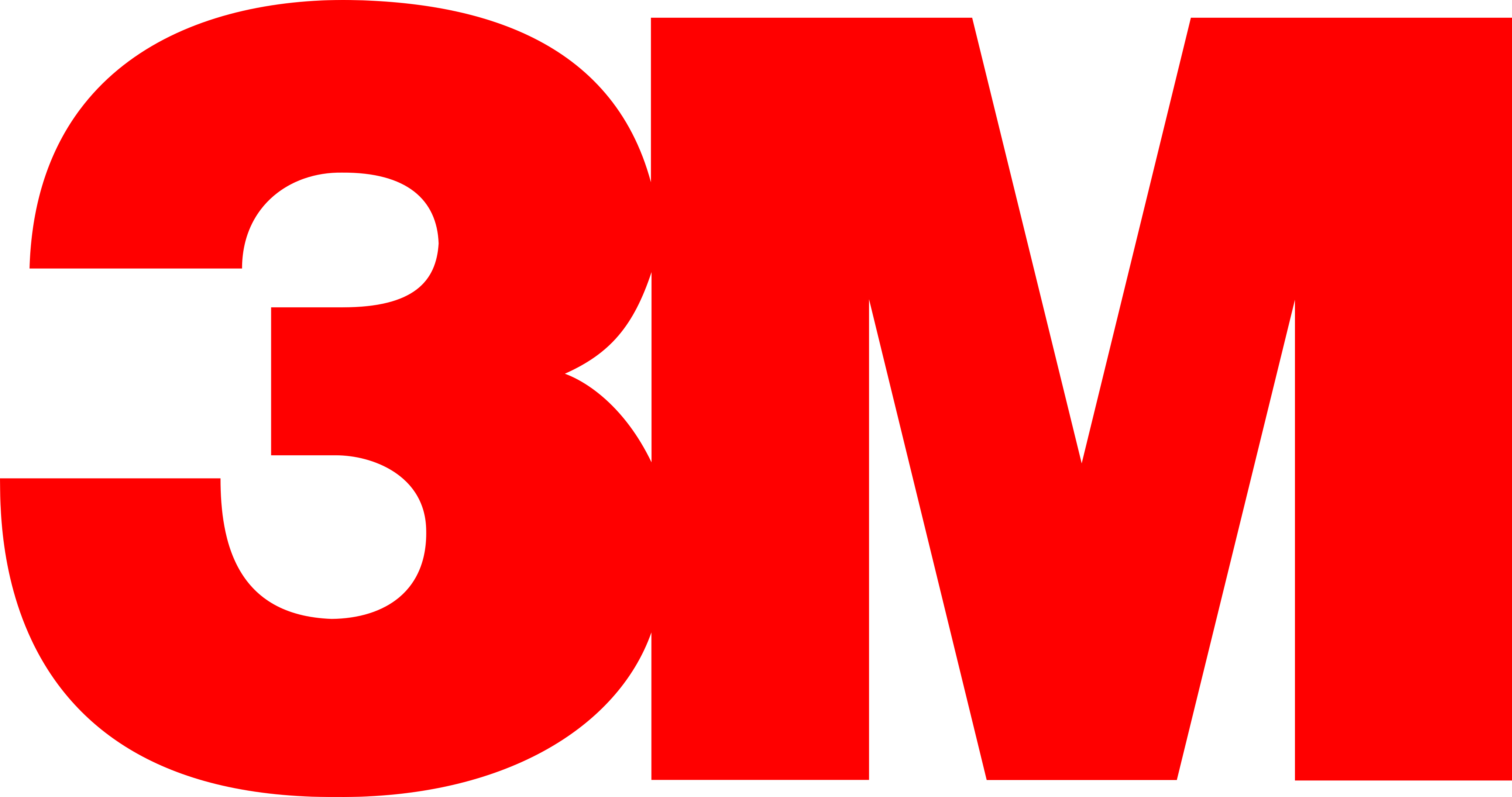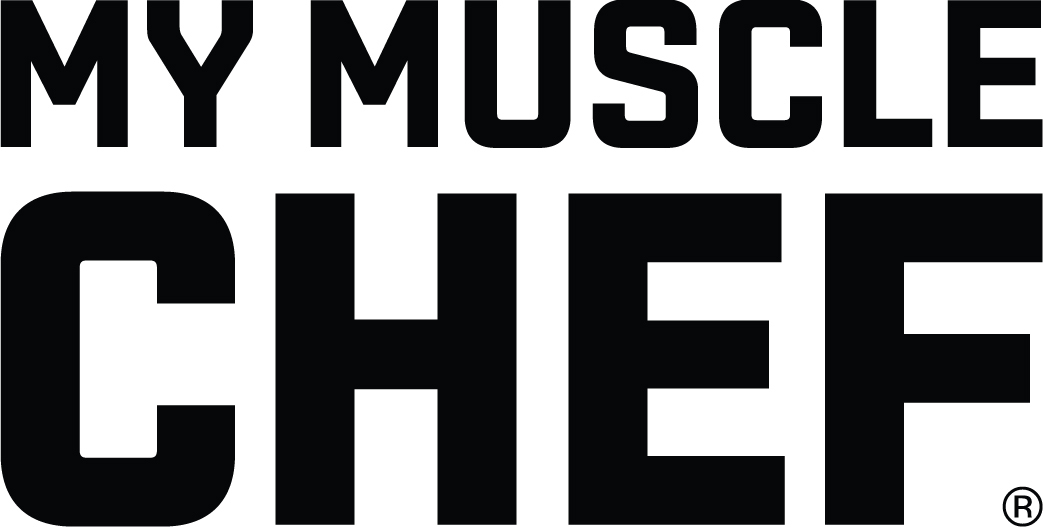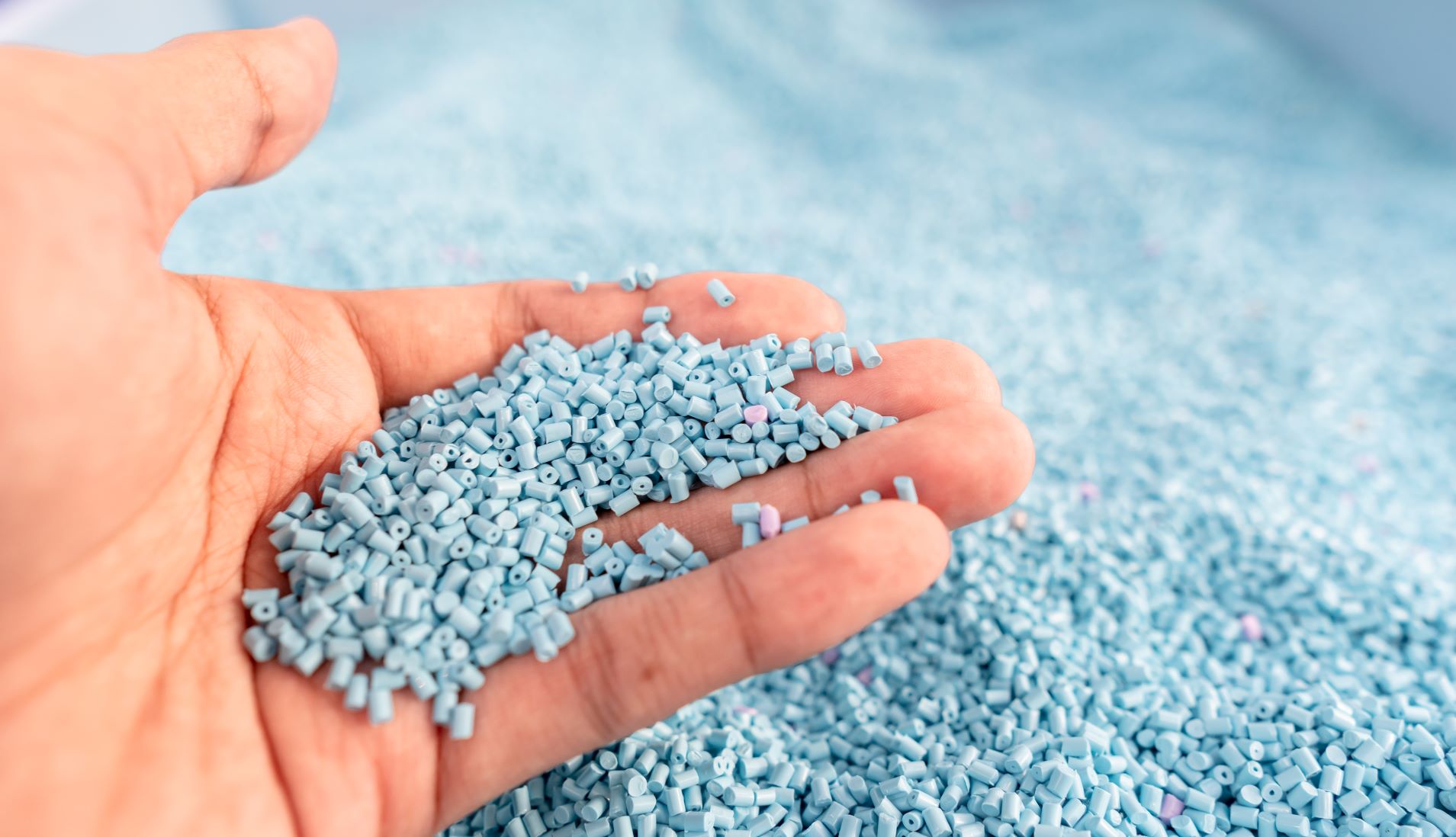
Circular Plastics Australia Case Study
Located in Albury-Wodonga, the Circular Plastics facility is a joint venture between Asahi Beverages, Pact Group Holdings Ltd
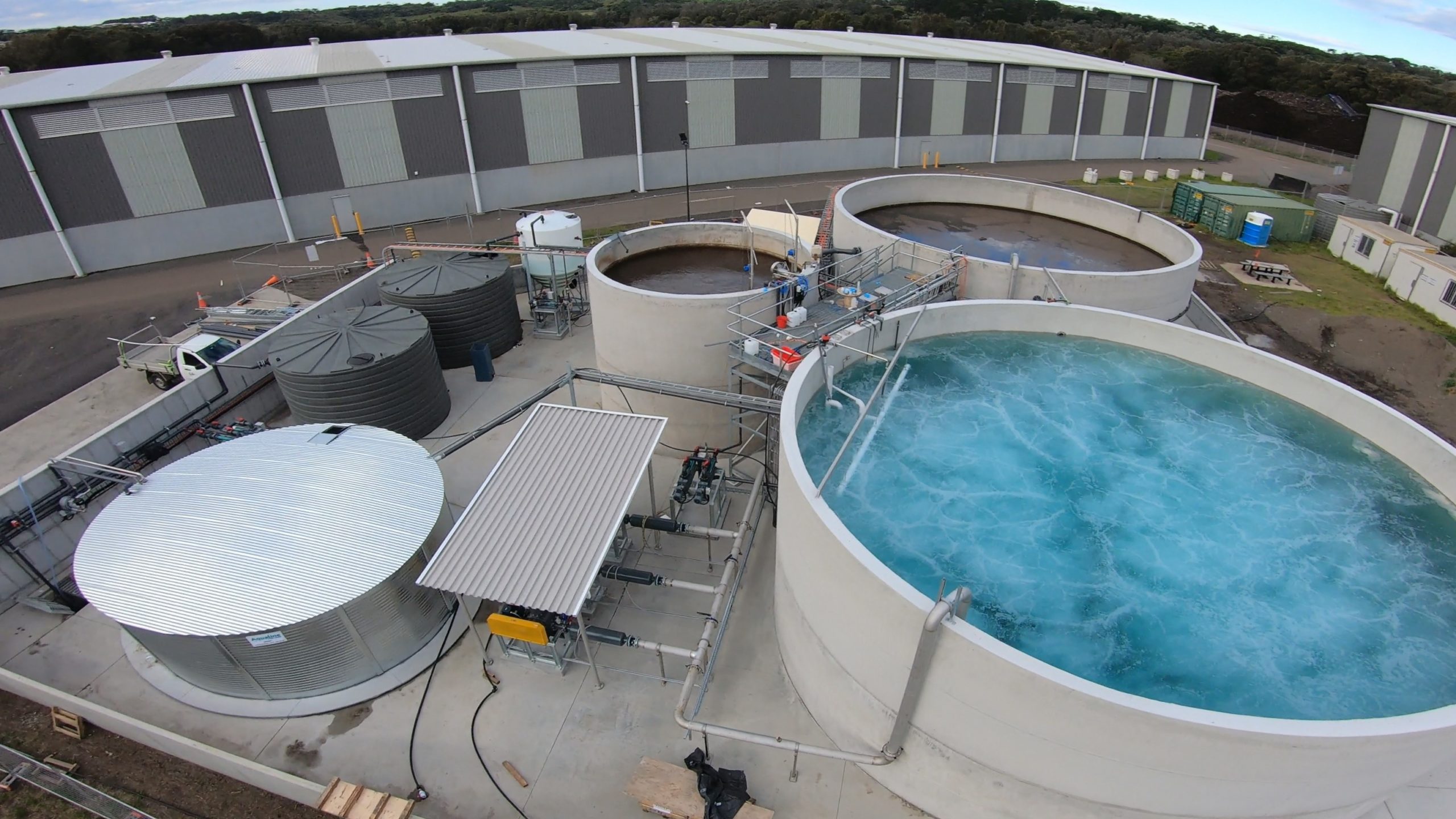
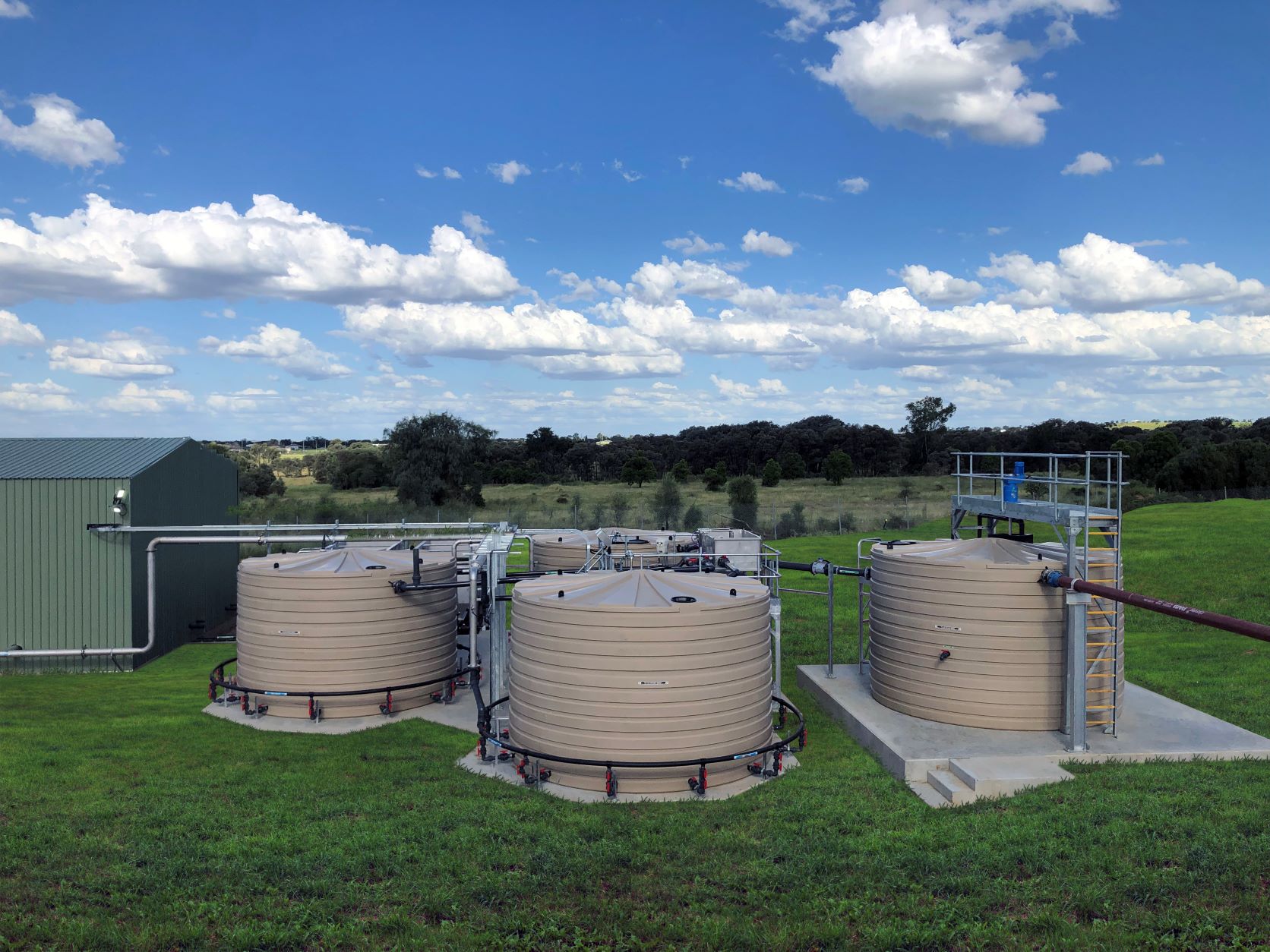
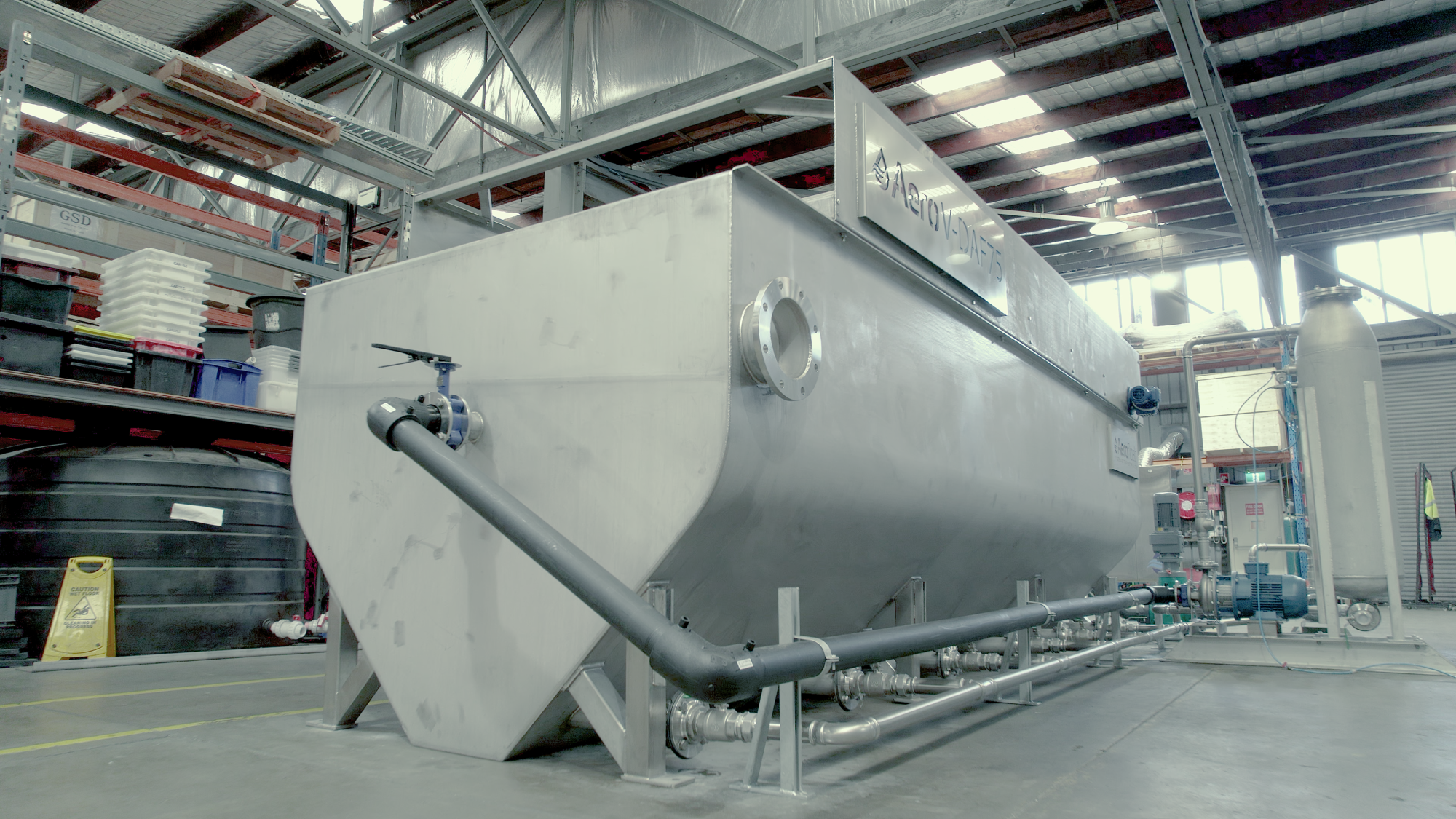
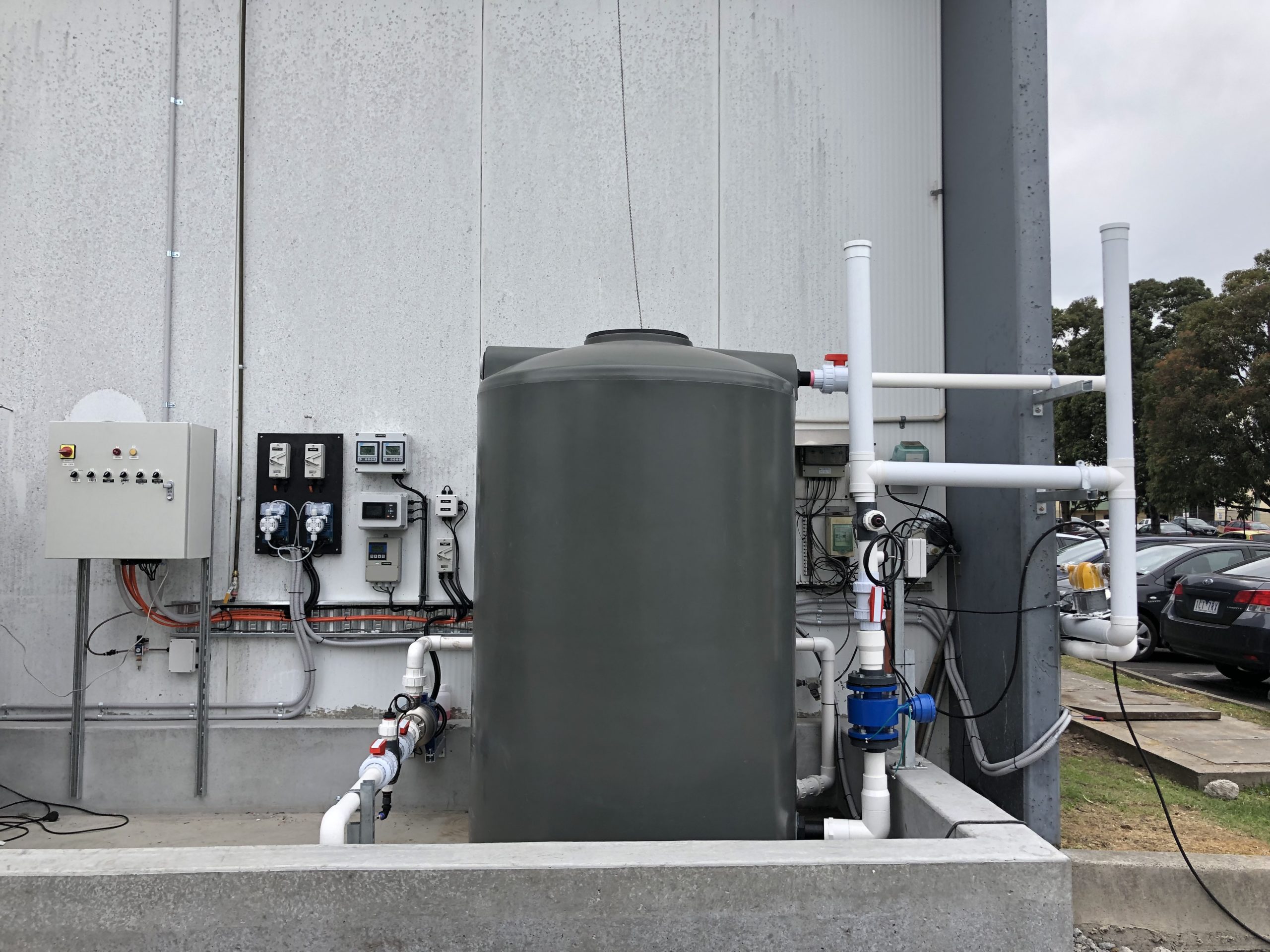
Aerofloat can assist in sizing and providing a variety of equipment options that are specific to each industry’s needs, including filter press, screw press, wave press, centrifuge or gravity tank dewatering.
Aerofloat’s sludge dewatering designs are applicable to new treatment plants and can also be designed as an addition to existing facilities. A mechanical sludge dewatering device can provide significant financial savings if you have high operating costs due to sludge disposal.
Prior to installing a new wastewater treatment plant, Aerofloat reviews its clients predicted sludge make and the associated costs. Aerofloat’s engineers have expert understanding of the different sludge types and can prepare a net benefit analysis for suitable mechanical dewatering options for its clients.
Using 3D CAD modelling, Aerofloat’s engineers provide each client with a complete virtual design model prior to installation, ensuring the client can visualise how the solution will appear on site.
Aerofloat is an Australian business, with its wastewater treatment design solutions designed, manufactured and built at its Sydney, New South Wales factory.
Aerofloat’s expertise in creating sludge dewatering solutions supports a large range of industries, including the printing, paper, packaging and recycling industries to name a few. Its systems can be designed as fit-for-purpose to suit a business’s needs by using both Aerofloat’s proprietary and other equipment, creating the best-fit solution for your business.
Innovative wastewater treatment solutions can make a big difference to ensuring businesses reach their economical and environmental goals as Australia moves towards a more sustainable 2030. Aerofloat’s team of engineers is committed to a sustainable future for all Australians.
Read below for more information on some of the sludge dewatering devices that Aerofloat offers or contact Aerofloat to discuss your business needs.


The filter press can be used to dewater solids from a number of processes via a plate and frame system using high pressure rams. Typically, a very high solids content (up to ~50%) can be achieved with a filter press.
Filter presses are mainly used for treating liquid solids from chemical treatment processes – such as ink wastes and other types of chemical sludges. They can be used for sewage and other biological waste solids if a solid cake with high solids (low moisture) content is required.
Aerofloat has successfully installed filter presses on multiple sites for the VISY group.
Screw presses are used for sewage and industrial wastewater sludges. It is more compact than a belt press and only requires a polymer mixing and dosing system and a small flocculation chamber at the inlet.
The screw press is a cylindrical tube which has closely coupled fixed plates and rotating plates (alternate plates). The wet sludge is fed into the tube with a mechanical screw with variable pitch. As the wet sludge is pumped into the tube, the relatively clean water flows between the plates and the solids are retained inside and thickened before moving up the tubes. The dewatered solids drop out of the end of the back pressured tube.
Contact Aerofloat today to discuss installing a screw press at your facility.
Aerofloat works with reputable suppliers for sludge dewatering equipment including belt presses, centrifuges, gravity tank dewatering and more. Aerofloat has several proprietary sludge tank dewatering designs and can assist in installations for new treatment plants as well as stand-alone additions to an existing facility. Contact Aerofloat today to discuss your options for sludge dewatering.

Located in Albury-Wodonga, the Circular Plastics facility is a joint venture between Asahi Beverages, Pact Group Holdings Ltd
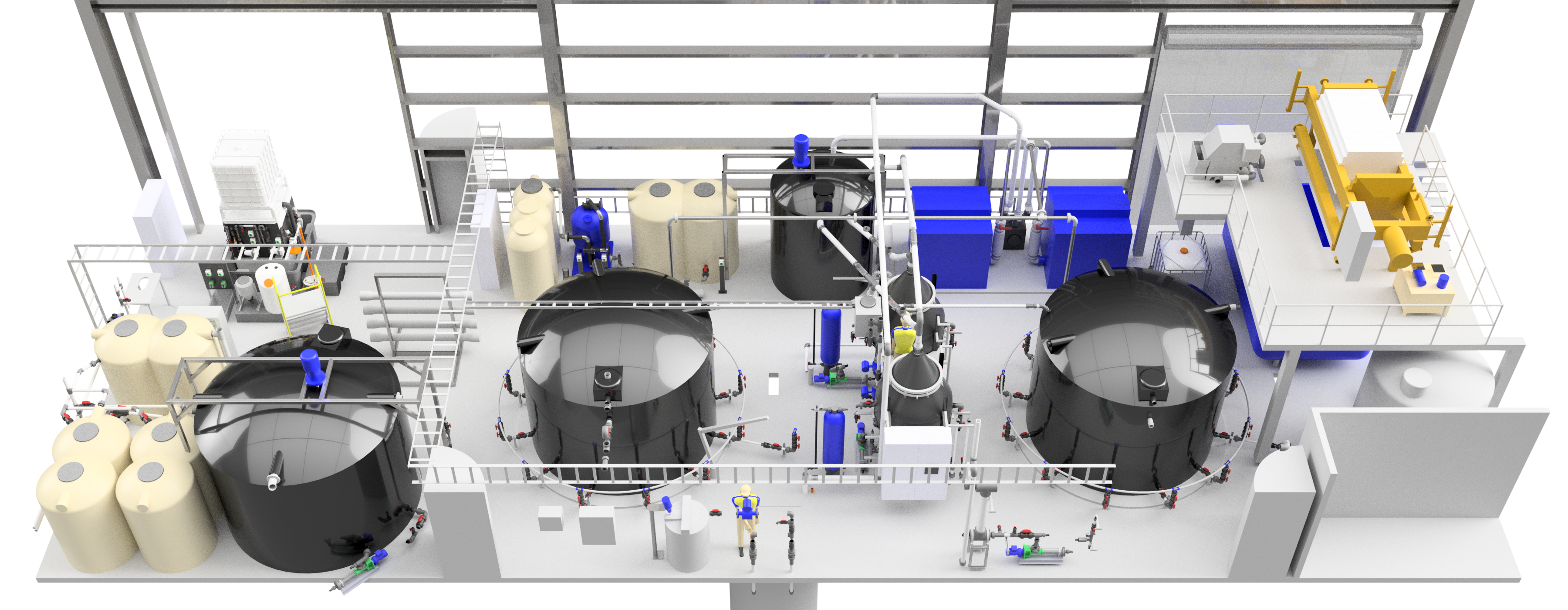
A robust wastewater treatment solution from Aerofloat achieved outstanding results against stubborn ink waste.
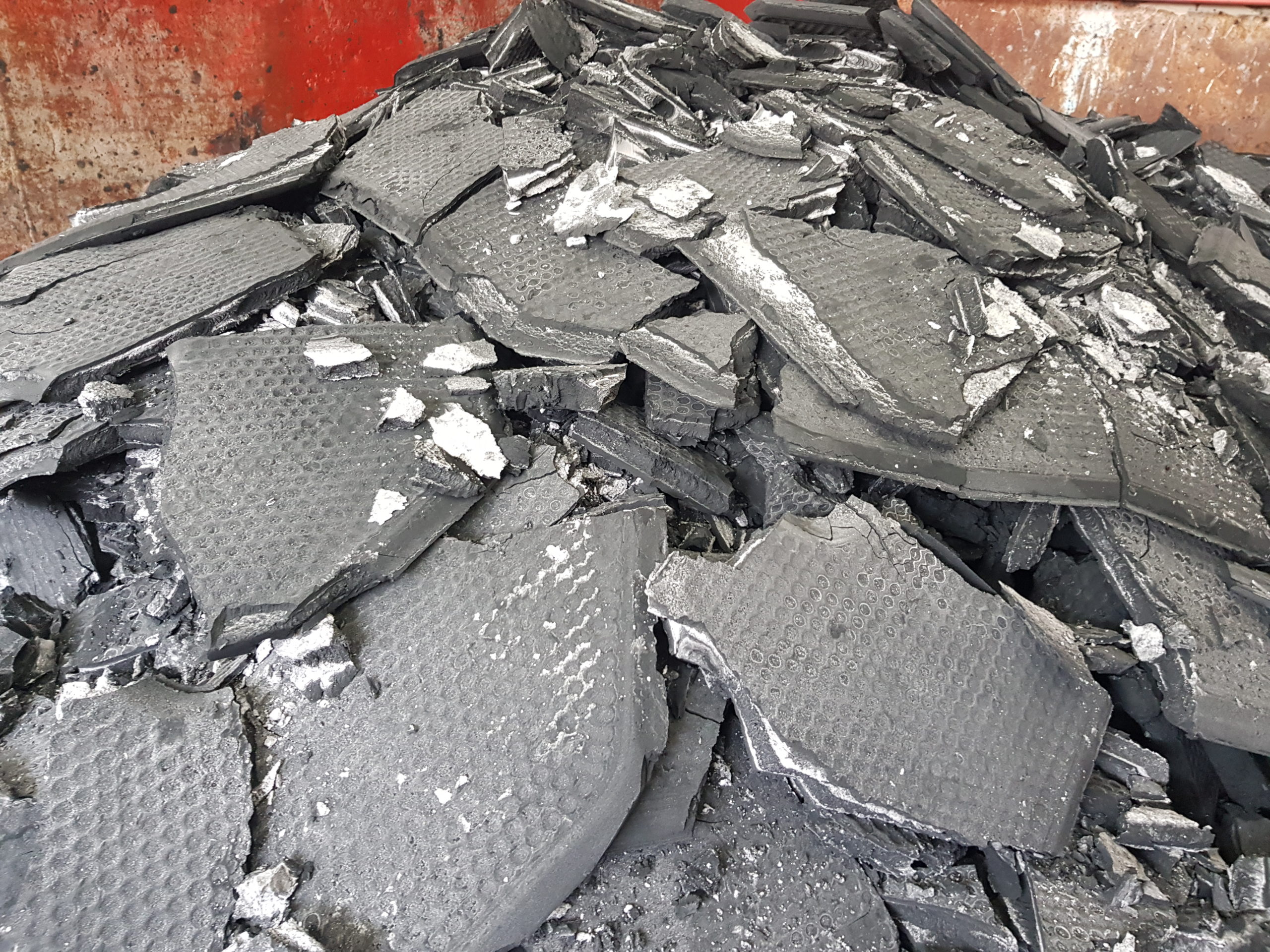
After successfully installing a sophisticated wastewater treatment plant for its challenging inky wastewater in New Zealand, Visy asked











